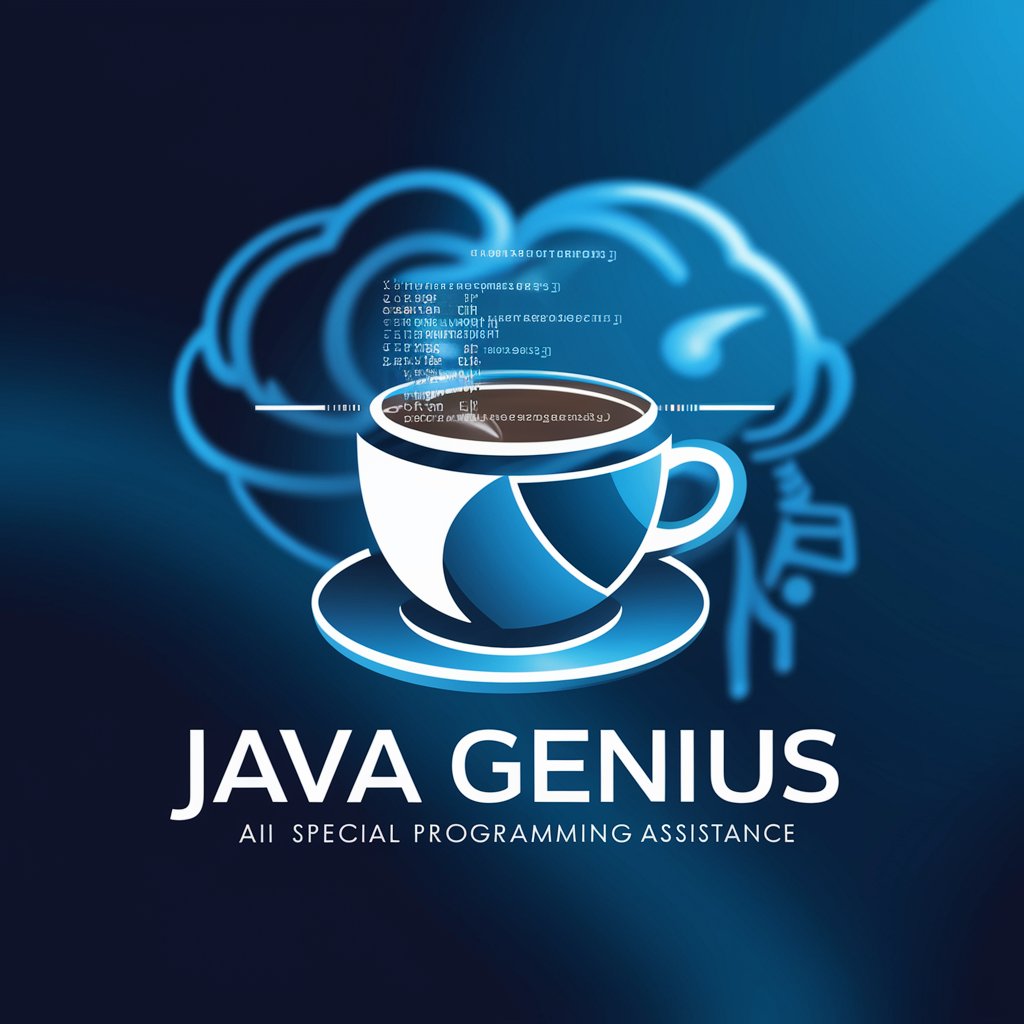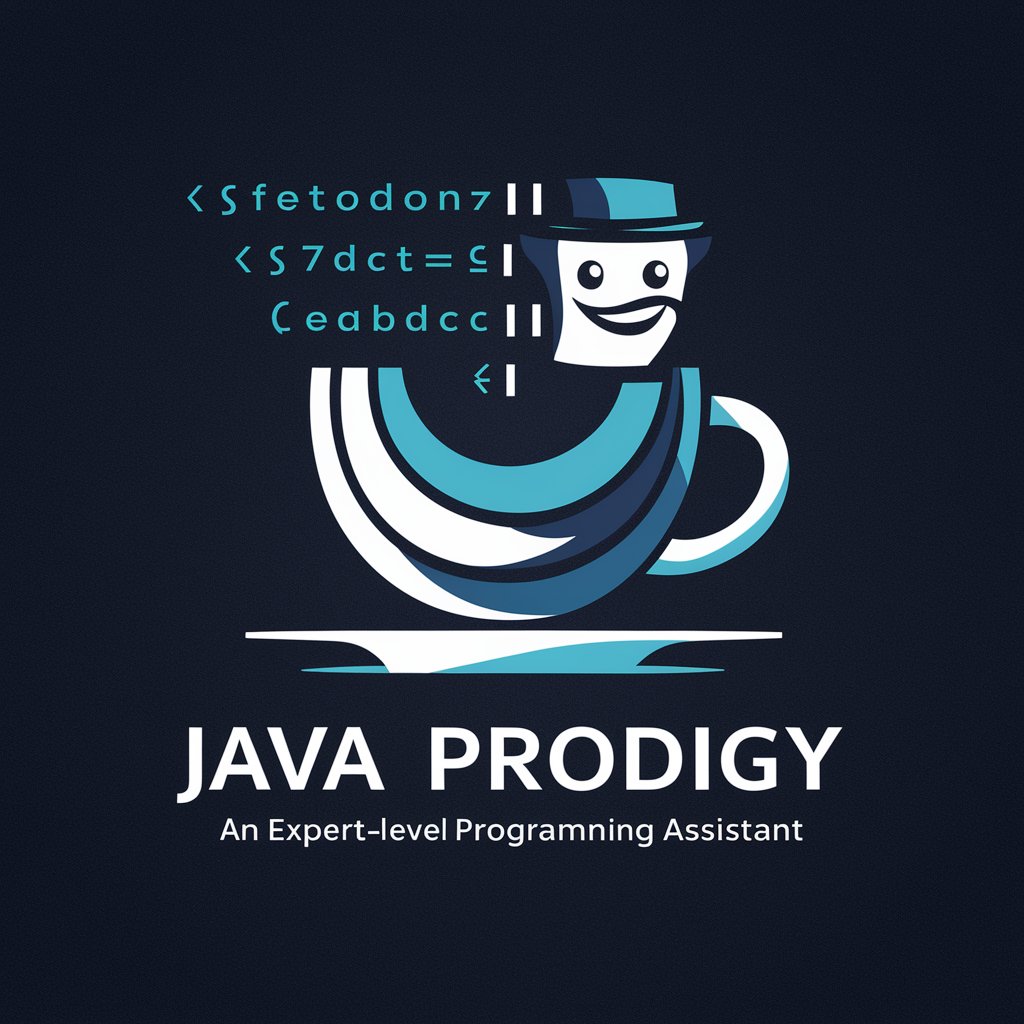
Java Code Elegance: Ternary Tactics Unveiled - Java code simplification

Welcome! Let's simplify Java code together.
Streamline Java with AI-powered elegance
Streamline your Java code with...
Master the art of Java's ternary operator by...
Refactor your conditional logic using...
Achieve clean, efficient, and readable Java code with...
Get Embed Code
Introduction to Java Code Elegance: Ternary Tactics Unveiled
Java Code Elegance: Ternary Tactics Unveiled is a specialized approach designed to enhance Java code readability and maintainability by leveraging the ternary operator. This approach refactors verbose conditional logic, particularly if-else statements, into concise, streamlined expressions without compromising code functionality or performance. The design purpose revolves around simplifying complex decision-making constructs, making the codebase cleaner and more understandable. An illustrative example includes transforming an if-else statement that assigns a value based on a condition into a single-line ternary operation. For instance, converting `int result; if (condition) { result = value1; } else { result = value2; }` into `int result = condition ? value1 : value2;`. This simplification aids developers in writing and reviewing code more efficiently, especially in scenarios involving multiple conditional assignments. Powered by ChatGPT-4o。

Main Functions of Java Code Elegance: Ternary Tactics Unveiled
Refactoring to Ternary Expressions
Example
Before: `if (age >= 18) { status = "adult"; } else { status = "minor"; }` After: `status = age >= 18 ? "adult" : "minor";`
Scenario
This function is applied when developers are working with conditional statements that assign values based on a condition. It simplifies code in user input validation, settings configuration, and more, making the logic straightforward and concise.
Enhancing Code Readability
Example
Before: `double discount; if (customer.isVIP()) { discount = 0.2; } else { discount = 0.1; }` After: `double discount = customer.isVIP() ? 0.2 : 0.1;`
Scenario
Applied in scenarios where clear, maintainable code is crucial, such as in complex business logic, API development, or when implementing feature toggles. This function helps keep the code easily understandable and modifiable, particularly important in agile development environments.
Optimizing Conditional Logic
Example
Before: `String message; if (score >= 90) { message = "Excellent"; } else if (score >= 75) { message = "Good"; } else { message = "Needs Improvement"; }` After: `String message = score >= 90 ? "Excellent" : score >= 75 ? "Good" : "Needs Improvement";`
Scenario
This function is particularly useful in grading systems, feedback mechanisms, or any application where multiple conditions determine the outcome. It streamlines complex nested conditions into a more manageable form.
Ideal Users of Java Code Elegance: Ternary Tactics Unveiled
Java Developers
Java developers at all levels, from beginners to experts, seeking to write more efficient, clean, and readable code. Those looking to improve code maintainability and reduce complexity in their projects would find this approach particularly beneficial.
Software Architects
Software architects designing Java-based systems who prioritize code quality, maintainability, and scalability. They can use these tactics to ensure the codebase remains manageable and understandable, even as the system evolves.
Code Reviewers and Quality Assurance Engineers
Individuals responsible for code review and quality assurance who need to evaluate code for readability, maintainability, and adherence to coding standards. This approach provides them with a tool to advocate for best practices in code writing.

How to Use Java Code Elegance: Ternary Tactics Unveiled
1
Start your journey at yeschat.ai for a no-cost trial, bypassing any need for login or subscription to premium services.
2
Prepare a segment of Java code you wish to refactor, focusing on sections with complex or verbose if-else statements.
3
Input your code into the designated area and select the 'Refactor' option to apply ternary tactics for code elegance.
4
Review the suggested refactorings, paying close attention to the use of ternary operators for simplification and readability enhancement.
5
Incorporate the refactored code into your project, testing thoroughly to ensure functional equivalence and improved maintainability.
Try other advanced and practical GPTs
Creative Muse
Unleash Your Creativity with AI

Gift Ideas
AI-Powered, Custom Gift Recommendations

High Net Worth Client Management in Luxury Brands
Elevate Client Experiences with AI

Teacher’s Aide
AI-powered Educator's Assistant

Leadership Styles Explorer
Empowering Leadership Growth with AI

Linear and Differential Math for Engineers Tutor
AI-powered Math Tutor for Engineers

Emotional Support Psychologist
Your AI-Powered Emotional Companion

FileTransformer
Transform files seamlessly with AI

Canine Counselor
Empowering dog owners with AI-driven insights.

Natural Remedy Advisor
Empowering Wellness with AI

Healthcare Insight
Empowering healthcare decisions with AI.

LinguaBridge
Bridging Cultures with AI-Powered Translations

Detailed Q&A about Java Code Elegance: Ternary Tactics Unveiled
What is the primary goal of Java Code Elegance: Ternary Tactics Unveiled?
The main objective is to streamline Java code by replacing verbose if-else constructs with ternary operators, enhancing code readability, maintainability, and efficiency.
Can ternary operators always replace if-else statements?
While ternary operators can simplify many conditional expressions, they are not suitable for all scenarios, particularly when clarity is compromised or when executing complex logic that includes multiple steps or side effects.
How does using ternary operators affect code performance?
Ternary operators can improve code readability and compactness without negatively impacting performance, as they are just a shorthand for if-else statements and compile into similar bytecode.
What are some common pitfalls to avoid when using ternary operators?
Avoid overusing ternary operators in complex conditions, as this can reduce code readability. Ensure the types in both outcomes of the ternary operation are compatible to avoid unintended type coercion.
Are there any tools or environments where Java Code Elegance is particularly useful?
This approach is beneficial across various development environments, especially in projects aiming for high maintainability and readability, such as enterprise applications, academic projects, and software undergoing frequent updates.





